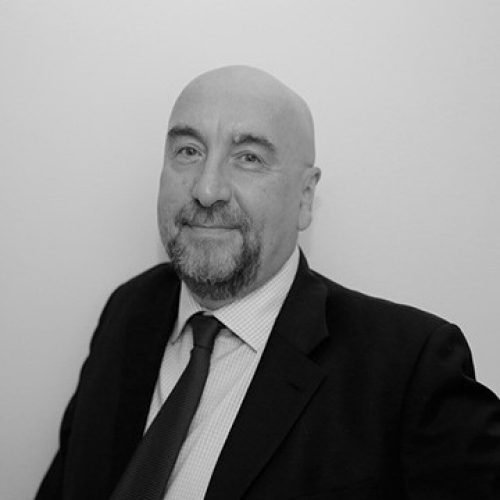Where to start? At the end, not the beginning.
I earned an MSc. in Finance from the John Molson School of Business, Class of ’21, and I am VERY proud of it.
It took me a little longer than I had anticipated, not least because I launched a start-up investment management firm at the same time as I started my degree. But I managed to complete my degree before I hit 60 and my firm won our first institutional mandate a few weeks later. Having my MSc. was a major bonus in wining that contract.
Back to the beginning.
I started out in Finance back in 1986, when the UK went through its “Big Bang” (the stock market was deregulated and the London Stock Exchange became a private limited company). I passed my Investment Analysts Exams (now part of the CFA charter) as expected in the sector and set to work managing other peoples’ pensions and savings. My big break came when I was asked if I wanted to set up a new portfolio concentrating on Latin America.
Over the next 25 years, I went from being the Latin American Equity Analyst for a small UK pension fund to the Head of Emerging Market Equities for a well-known government pension fund in Quebec, managing a team of analysts, portfolio managers, and $5 BN.
Gravity catches up with all of us and I found myself being restructured during the 2008 global financial crisis, when my employer had to cut risk following major losses. From there, I started teaching at John Molson, where they were kind enough to give me credit for my industry experience and early qualifications (instead of having extensive academic experience).
But John Molson has high standards. I could teach some general undergraduate courses; I just didn’t have the theoretical background to take on the heavyweight courses. Yes, I can analyse a balance sheet and an income statement, but did I know enough to explain it to someone who knew nothing?
Before class one evening, a representative from the graduate programs recruitment team asked if he could talk to my undergrad class to introduce them to some of John Molson’s Master’s programs. I don’t know about the rest of my class, but I was convinced! Here was an opportunity for me to get my qualifications up to the required level in a subject I knew a lot about. How hard could it be?
Just as I was being accepted onto the program, I was approached by some ex-colleagues to start up a new firm. Our intention from the get-go was to offer services that were of the highest institutional standard. Within a start-up, I knew I had to “up my game” as there would be nowhere to hide. I thought it was a good time to upgrade my skill set so I accepted John Molson’s offer of admission.
So, how hard was the course? Hard. As it should be. No point it just giving these things away for free.
I found myself trying to do an integration, a mathematical method of summing up parts to find the whole, for the first time in 40 years in my Financial Economics mid-term exam. Needless to say, it didn’t go well, but I passed. I got into time-trouble for my Linear Modelling final, but I passed that too. My grades improved and I was invited to join the Honours Societies; first, Beta Gamma Sigma and, then, Golden Key. I even got a nice letter from the Dean congratulating me on my academic achievements!
My courses not only filled gaps in my knowledge, but they also gave me much deeper insights into what I thought I already knew. I was shown better ways at looking at things than I had been using. It became painfully obvious why simple work experience isn’t enough to teach undergrads. You don’t know what you don’t know!
Meanwhile, as the firm grew, we were joined by another former colleague who specialises in Risk Management, something that wasn’t really touched on when I did my undergrad, nor my early career, but which is Sine qua non in today’s institutional market. If I’m honest, I always “winged it” when my ex-colleagues and I worked together the first time; I sort of knew what he was talking about… maybe. This time, even before I had finished my studies, I knew I understood so much more. I could see genuine improvements in my knowledge and understanding that are “mission critical”. I could see so much more of the picture and the colours were so much brighter.
Oh, and my colleague, he has an MSc too. From John Molson!
 Keith Porter, MSc Finance '21
Keith Porter, MSc Finance '21